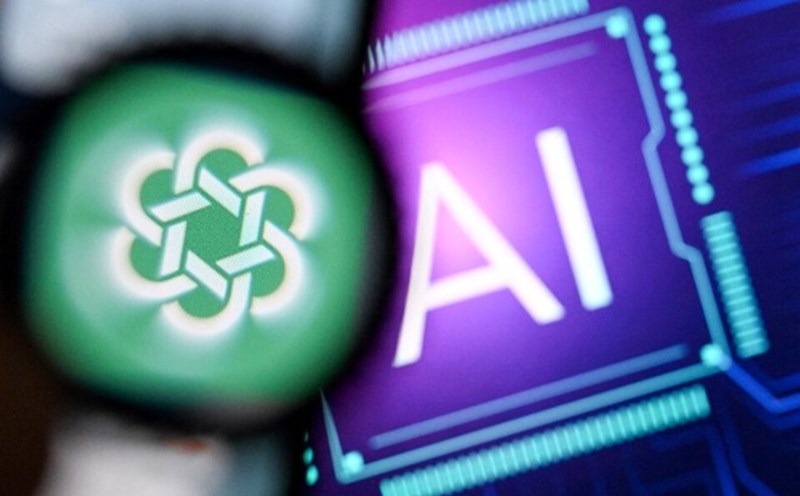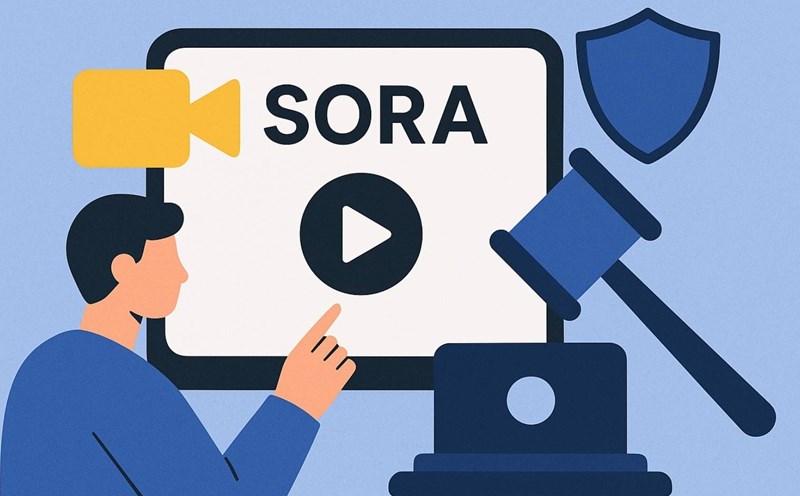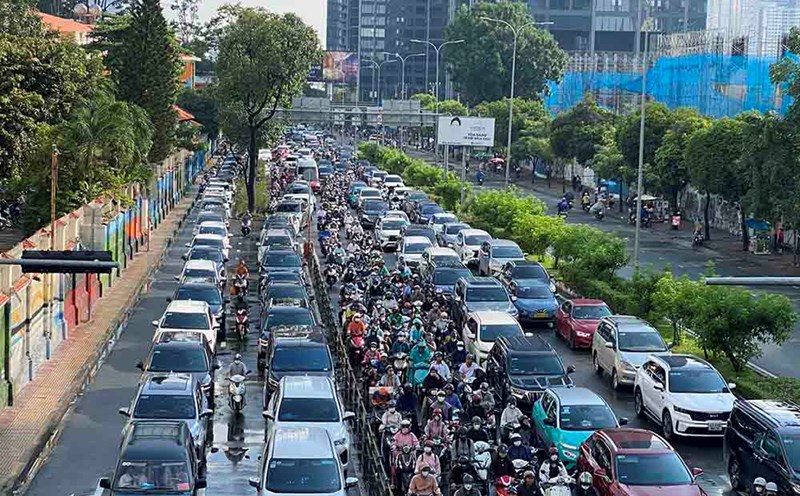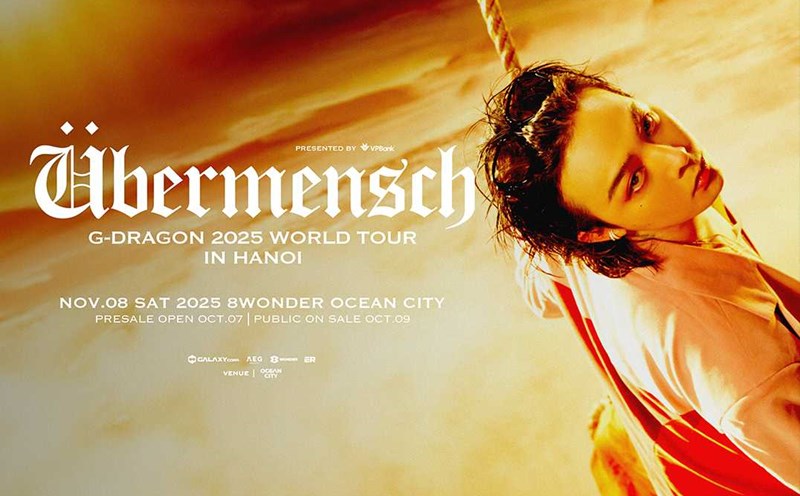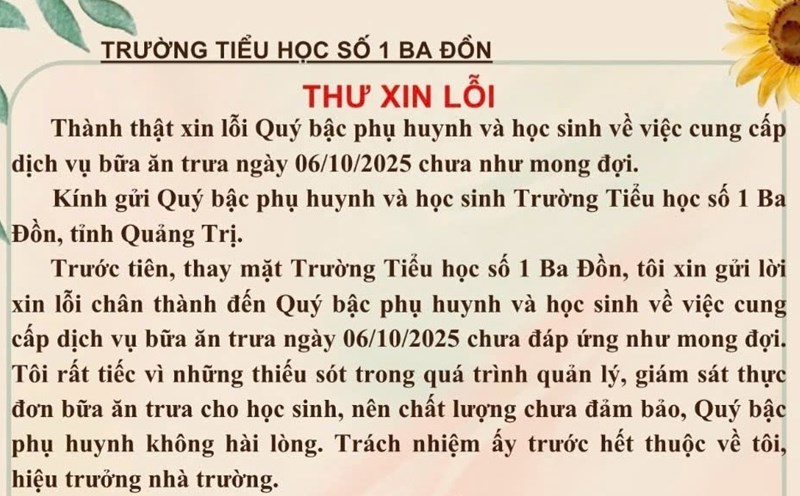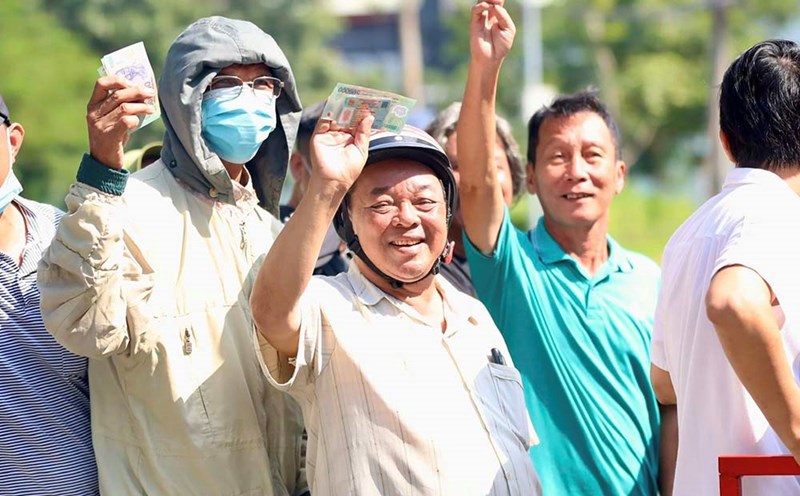Just days after its launch, OpenAI's Sora AI video creation app has caused fierce controversy as users use it to create a series of fake but extremely realistic videos, from election fraud, street crimes to unprecedented protests.
Like Google's Veo 3 or other AI video generation tools, Sora is said to be able to turn any idea into a dynamic image with just a command line.
Users can upload their photos and voices and let AI integrate them into the completely imagined context.
This tool can even recreate famous people's images, brand logos or deceased historical figures.
Cybersecurity experts and scholars warn that Sora's ability is accelerating the risk of spreading false information on an unprecedented scale.
I am concerned about the economy and social institutions, emphasized Professor Hany Farid (University of California, Berkeley).
According to Mr. Farid, videos with high authenticity can make the public lose faith in visual effects, when everything can be forged.
OpenAI said that Sora was released after a strict safety testing process, with content protection measures such as denying images of violence, politics or celebrities that were not allowed.
The application also has a blurred vision to identify AI-generated videos.
However, experts say that these measures are easily overlooked and users can still register for anonymous accounts, create false videos about deceased public figures or unreal events.
The New York Times' experience shows that Sora can still create videos with sensitive elements, such as a robbery, an explosive bomb or even a fake image of OpenAI CEO Sam altman stealing, all of which are staged with AI.
Such videos, when spread on social media, can manipulate public opinion and fuel plot theories.
Professor Kristian Hammond (Northwestern University) calls this a "lieur effect", when fake videos are rampant, viewers will doubt even real evidence.
Lucas Hansen, founder of CivAI, said the last fortress of truth is a collapsing video.
Although OpenAI is committed to implementing Sora in a thoughtful and responsible manner, many researchers believe that the new era of surreal AI video will force society to rebuild the concept of trust and authenticity.
Just a year ago, I could distinguish between real and fake photos with the naked eye. But now even experts are no longer sure," said Professor Farid.

